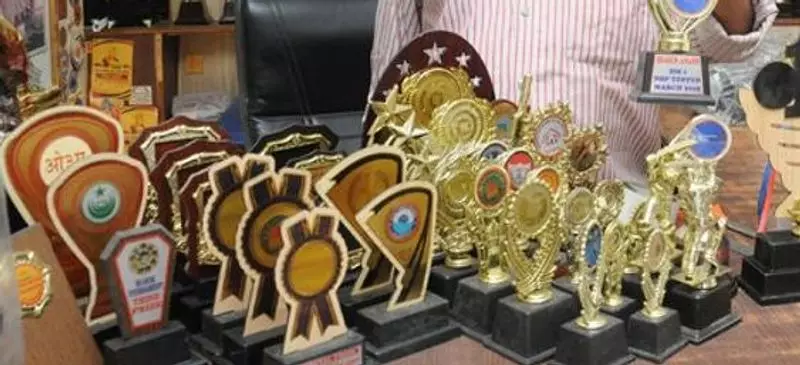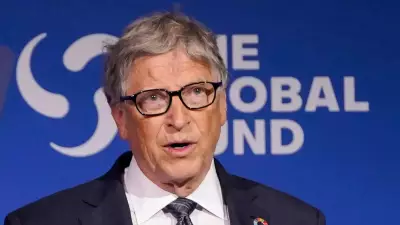
In today's interconnected world, we're witnessing a peculiar global phenomenon: an insatiable hunger for titles and designations that transcends cultures and borders. From the elaborate academic credentials in Europe to the corporate ladder climbing in Asia, the pursuit of prestigious labels has become a universal language of social validation.
The Psychology Behind Our Title Addiction
What drives this relentless pursuit of titles? Psychologists suggest it's deeply rooted in our need for social recognition and identity formation. Titles serve as quick social markers, instantly communicating our position, achievements, and status to others. In a fast-paced world where first impressions matter, these designations act as social shorthand.
"We live in an era where identity is increasingly fluid, and titles provide anchor points in this sea of uncertainty," explains Dr. Meera Sharma, a social psychologist from Delhi University. "They offer instant credibility and help navigate complex social hierarchies."
The Indian Context: A Special Relationship with Titles
India presents a particularly interesting case study in title obsession. The country has a long tradition of honorifics and formal address, from the ubiquitous 'Dr.' and 'Prof.' to regional variations like 'Sri' and 'Smt.' This cultural heritage has seamlessly merged with modern professional designations, creating a rich tapestry of title usage.
Academic Prestige and Professional Credentials
The education sector exemplifies this trend perfectly. The proliferation of PhD holders insisting on being addressed as 'Doctor' reflects how academic achievements have become social currency. Similarly, corporate India has embraced designations with unprecedented enthusiasm, where job titles often carry as much weight as the responsibilities themselves.
The Global Perspective: Title Trends Worldwide
This phenomenon isn't unique to India. Across the globe, we see similar patterns:
- In corporate America, title inflation has created a landscape where 'vice presidents' and 'directors' abound
- European academic traditions maintain strict hierarchies of professorial titles
- Asian business cultures often mirror social hierarchies in corporate structures
- The digital age has spawned new titles like 'influencer' and 'thought leader'
The Social Implications of Title Worship
This global title obsession raises important questions about social equality and meritocracy. While titles can recognize genuine achievement, they can also create artificial barriers and reinforce social stratification. The emphasis on labels sometimes overshadows actual competence and contribution.
The Digital Age Amplification
Social media and professional networking platforms have amplified this trend exponentially. LinkedIn profiles have become virtual title galleries, while email signatures often read like miniature CVs. The digital world has given us more spaces to display our credentials, fueling the cycle of title acquisition and display.
Moving Beyond the Labels
As we navigate this title-obsessed landscape, it's worth remembering that while designations can open doors, true worth lies in substance rather than labels. The most respected professionals are often those whose work speaks louder than their titles.
The global fascination with titles shows no signs of abating. As societies evolve and new professions emerge, we'll likely see even more creative designations enter our vocabulary. Understanding this phenomenon helps us navigate modern social landscapes while keeping perspective on what truly defines our worth and contributions.





